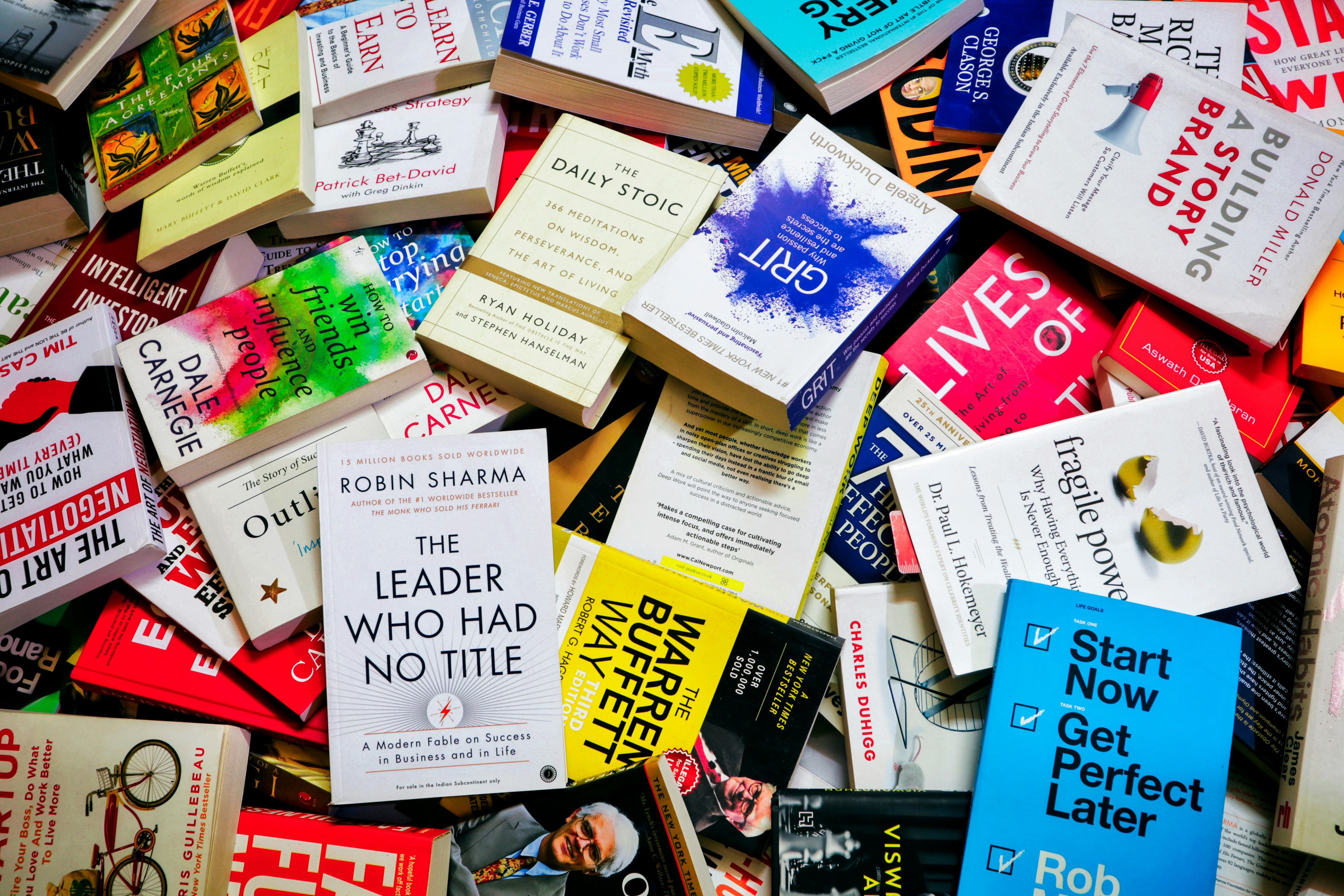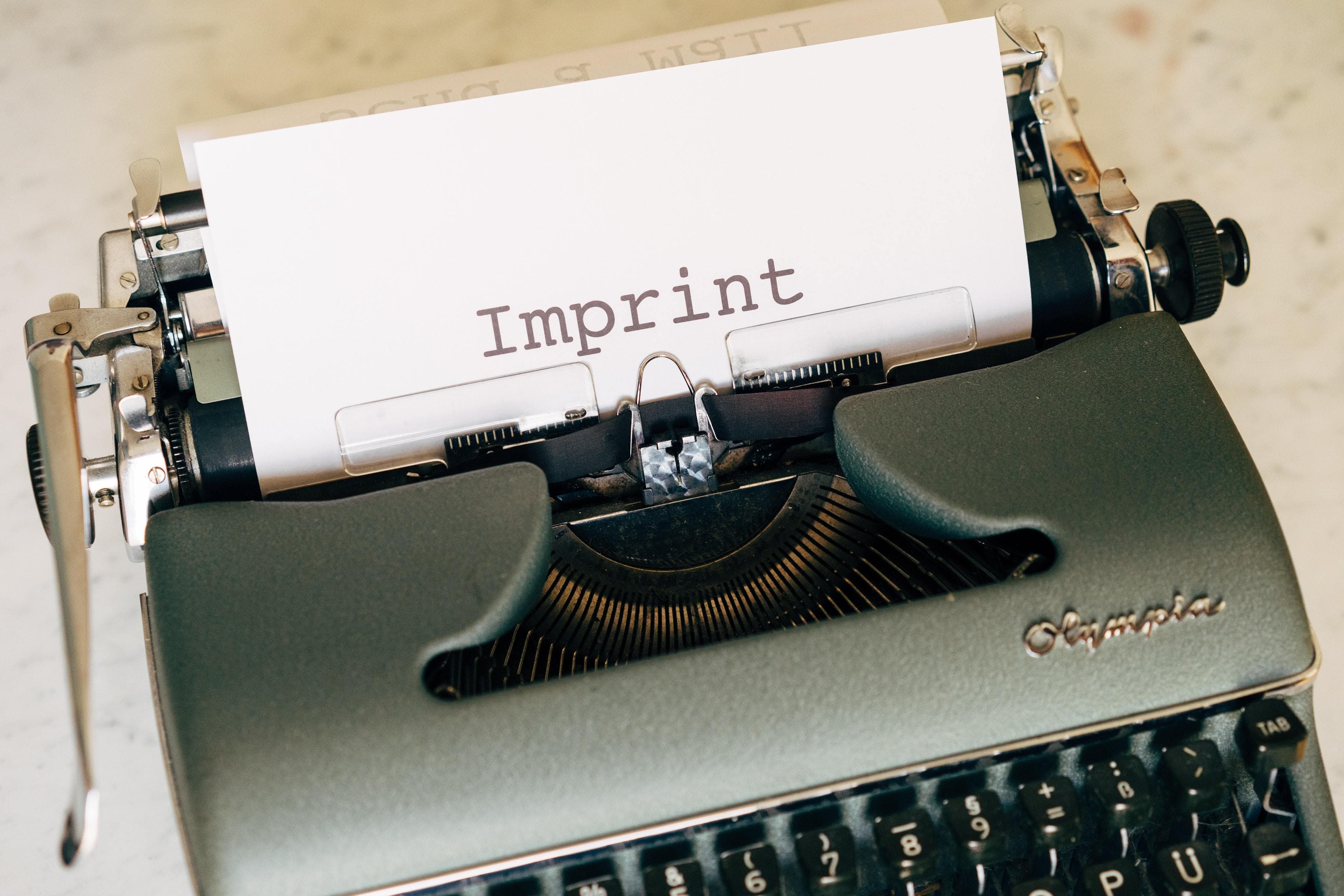Transform Your Memoir into a Self-Help Book That Inspires and Sells

Both the memoir and self-help genres draw on personal experiences to teach lessons, but memoir emphasizes the story while self-help emphasizes the lesson. Memoir is used to inspire readers and perhaps help them out of a difficult time, while self-help is an expansive genre combining professional advice and personal vignettes to teach self-development, productivity, career planning, wellness, and anything in between. However, in all self-help books, the author explicitly tells the reader what they can take away from the author’s lessons and personal experiences in a certain area.







